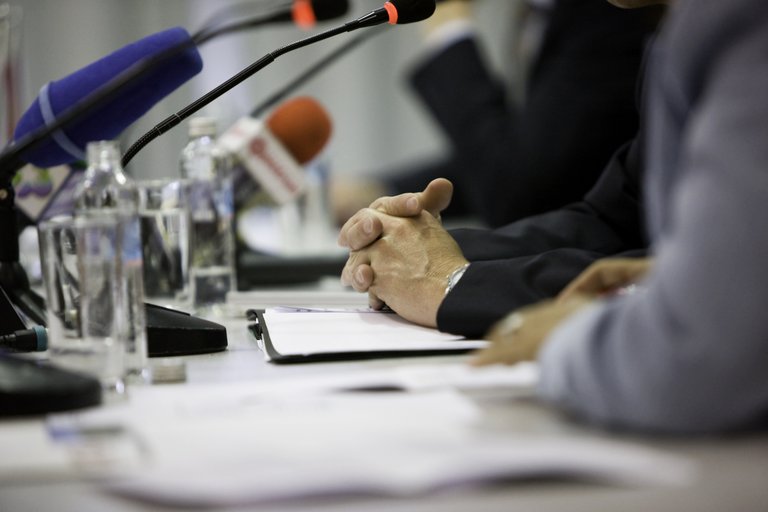TU Ilmenau is involved in a large-scale research project investigating the communication of healthcare facilities in times of crisis such as the Corona pandemic. The Federal Ministry of Education and Research is funding the three-year project at TU Ilmenau with 450,000 euros as part of the "Research for Civil Security" program.

How do citizens want to be informed about the current situation by public authorities and the media in times of crisis? How well are they reached by the messages of health institutions? How can information be disseminated in such a way that it is understandable, credible and effective at the same time? These are the questions addressed by the project "MIRKKOMM - Multimodality in Risk and Crisis Communication", which is coordinated by the Federal Institute for Risk Assessment, an independent scientific institution that advises the German government.
TU Ilmenau analyses challenges, strategies, structures and possible improvements in crisis communication
Over the next three years, an interdisciplinary team of researchers from the fields of communication, political science, law, psychology and computer science will find answers to these questions and develop ideas for the practice of effective crisis communication of health care institutions in the future.In doing so, the International Crisis Communication Research Group at the TU Ilmenau is researching for the first time how governmental risk and crisis communication in Germany is coordinated at the federal, state and local levels, what problems arise in the process and how the difficulties can be better managed in the future.
To this end, the research group is analyzing challenges, strategies, structures and possible improvements in crisis communication by federal and state governments, subordinate authorities and central organizations of the German health care system. Under the leadership of the research group's director, Prof. Martin Löffelholz, the researchers are investigating the communicative challenges that governmental actors at the federal, state and local levels are confronted with in times of a pandemic and which strategies can be derived from this for current crisis management as well as future crisis communication.

Equally, however, we are also looking very specifically at which tools should be used for which media channels - citizens' conversations, radio, television, Internet, etc. - for crisis management: conventional information services such as brochures or also completely new tools such as dashboards and new types of video formats," says Prof. Löffelholz. "In doing so, the research group considers both the perspective of the "senders", authorities and media, as well as that of the "recipients", consumers.
In addition to the Federal Institute for Risk Assessment, the TU Ilmenau, the Karlsruhe Institute of Technology, the SRH Berlin University of Applied Sciences, the European University Viadrina and the communications agency mecom Medien-Communikations-Gesellschaft mbH, a subsidiary of the Deutsche Presse-Agentur, are involved in the MIRKKOMM project. The scientific and practical expertise is complemented by renowned researchers from Germany, the Netherlands, the USA and Australia as well as the Robert Koch Institute, the Federal Agency for Civic Education and the Deutsche Presse-Agentur.
Contact
Prof. Martin Löffelholz
Director of the International Crisis Communication Research Group, Head of the Media Studies Group

